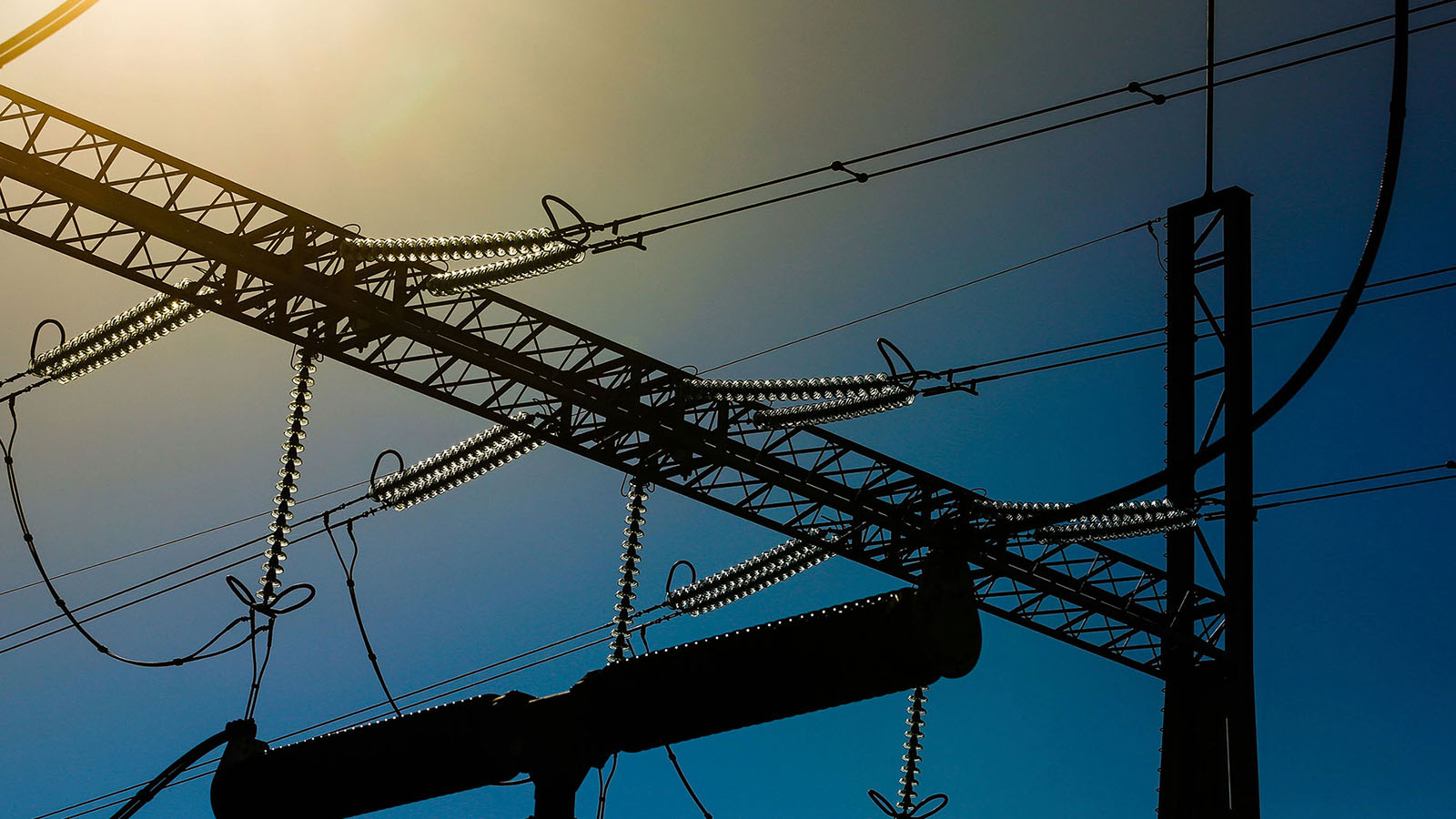Texas February 2021 Winter Storm and Mitigating Energy Risk

During the recent winter storm disaster, more than 40 percent of Texas’ power generation went offline, causing rolling blackouts and a sustained real-time energy cost of $9 per kWh. The combination of four days of freezing weather and non-performing power generation assets highlighted major problems and risks in the Texas energy market. As developments continue to unfold, we want to answer some frequently asked questions, which include more information about the energy market risks companies should be aware of and some next steps to consider.
What happens if my retail provider is acquired or goes out of business?
Due to the impact of the recent winter storm, several retail electric providers have already gone out of business, and the market is preparing for many more to do the same in the near term. Thus, we expect to see even more consolidation in the industry. In light of this, it is important for companies to review all communication from their current retail provider, as they continue providing important updates in the coming weeks and months.
If your organization’s current retail energy provider is acquired, you will be notified of the change and can expect a seamless transition to the new provider. If your current provider goes out of business, your company will be moved to a Provider of Last Resort (POLR) at an above-market rate. You can expect the power to stay on, but should act quickly to get into a new energy agreement. It’s important to note that companies are not obligated to sign the agreement offered to them by the POLR. If your company finds itself in this position, consider contacting an energy broker/consultant that understands the current state of the market, and can help you find a new provider and contract to meet your company’s needs.
Are you exposed to higher energy costs because of the winter storm?
Possibly. Energy contracts are written with varying levels of market risk and exposure. If your company is on a fixed energy rate contract, you should not see the current market volatility reflected in your upcoming energy bill. If your company is on a contract with variable components, your bill could be up to 15 times higher than usual, depending on your energy consumption during the storm.
There are hybrid agreements, which have a fixed energy rate while all other components change in real-time with the market. Companies that are on one of these products will see considerably increased costs due to the storm.
The following is an example of contract language that addresses non-energy cost increases: “While the cost for your energy component is fixed, non-energy charges (including ancillary costs) are billed by ERCOT and your local utility that distributes the power. Non-energy costs are not fixed and are passed through based on changes in utility and ERCOT pass through rates. These costs are used to manage the grid and your local area network. You will see a new line item on your bill, Supplemental Ancillary Charges, for the increase in ancillary rates.”
Should my company sign a short-term or long-term contract?
Right now, costs are higher than they were pre-winter storm due to uncertainty in the market. While we expect the market to continue its correction, we are still seeing premiums for certain contracts. In some cases, it may make sense to consider signing a short-term agreement while the market settles. Alternatively, depending on your company’s energy footprint, a long-term agreement may make more sense. The good news is, there are several short- and long-term options available.
Will my current retail provider raise my rate?
As mentioned above, if a company is on a fixed-rate energy agreement, the contracted rate should not go up. However, the Public Utility Commission of Texas is currently considering a new rule to pass through the costs associated with February’s winter storm to consumers. If this occurs, retail providers will communicate how and when this will affect their customers.
What’s next?
It’s a good idea to review your company’s existing energy agreements now to understand the level of energy market exposure your company currently has. If your company does not have an in-house energy manager/desk, consider talking with a consultant that specializes in this area. Energy consultants not only bring industry knowledge, but also significant relationships with retailers to help companies evaluate and secure contracts that best meets their needs.
If you would like a complimentary review of your current energy position, simply send this email with more information. If you have questions, feel free to contact EnergyServ Solutions at [email protected] or 214-389-5801.
Authored by Lance McGee, founder and CEO of EnergyServ Solutions.
© 2021